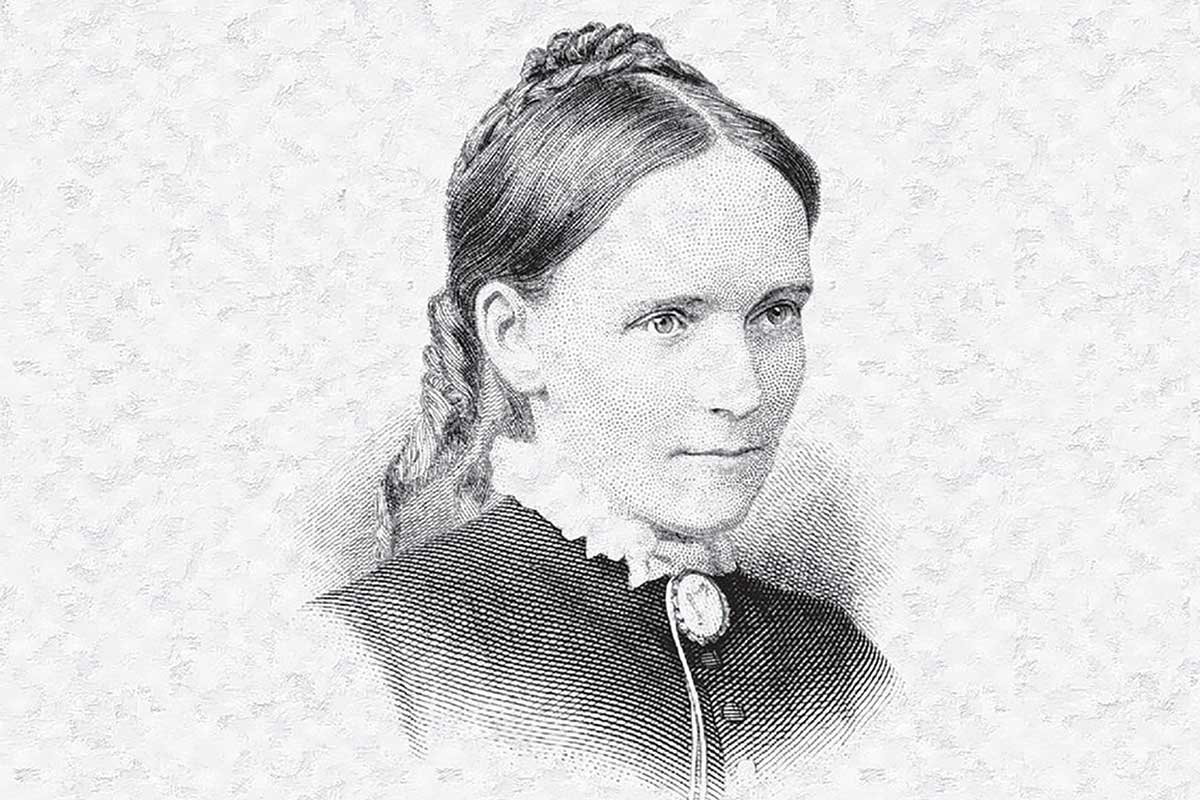“Paul, an apostle of Jesus Christ by the will of God,
and Timothy our brother, to the church of God which is at Corinth,
with all the saints who are in all Achaia: Grace to you and peace
from God our Father and the Lord Jesus Christ”
– 2 Corinthians 1:1-2 –
In the first letter to the Corinthians, Paul is objective and practical. In this second Epistle, Paul is subjective and personal. In chapter 1 of this second letter, the apostle teaches us some very important lessons.
- God comforts us and helps us in our challenges and tribulations, so we can have the ability to help others who go through tribulations (vv. 3-6).
- None of us is free from facing challenges and problems (vv. 7-11).
- An essential aspect of the Christian life is living with sincerity and simplicity before God (v. 12).
- What sustains us in our challenging moments is faith in God. Therefore, our faith must be strengthened during the moments of calm (v.24).
The apostle also says that God is the “Father of mercies and God of all comfort” (v. 3), in other words, the source and the originator. He is the One who comforts us amid all tribulations, anguish, pressure, and difficulty.
“To comfort” is more than to alleviate, strengthen, or accompany: it means “God is at our side.” Limited by His humanity, Jesus could not be everywhere at the same time; that is why He sent “another Helper,” the Holy Spirit, to “abide with you forever” (John 14:16).
The apostle points out that the reason we are comforted is to comfort others that are experiencing tribulation (v. 4). In other words, we are comforted so that we may comfort.
The purpose is always a missionary one.
God can save us from the fiery furnace or accompany us within it. This was the case for Frances Ridley Havergal, who was born in England in 1836. Her father was a preacher and hymn composer. Frances suffered from health problems her whole life, marked by constant physical weakness. But God gave her a very brilliant and intelligent mind.
When she was four, she learned to read; when she was seven, she composed her first poems, and she memorized long passages of the Bible. Later, she learned seven languages, including Greek and Hebrew. When she was eleven, she lost her mother.
Frances is the composer of the hymn that says:
“Take my life and let it be
consecrated, Lord, to Thee.
Take my will and make it Thine;
it shall be no longer mine.”
She died at only forty-two years of age. It was a short but fruitful life, filled with trust and dependence on the Lord.
The afflictions of the righteous may be many,
but the Lord will deliver us from them all.
He promises His comfort.
Let us trust and depend on Him.
God bless you…

